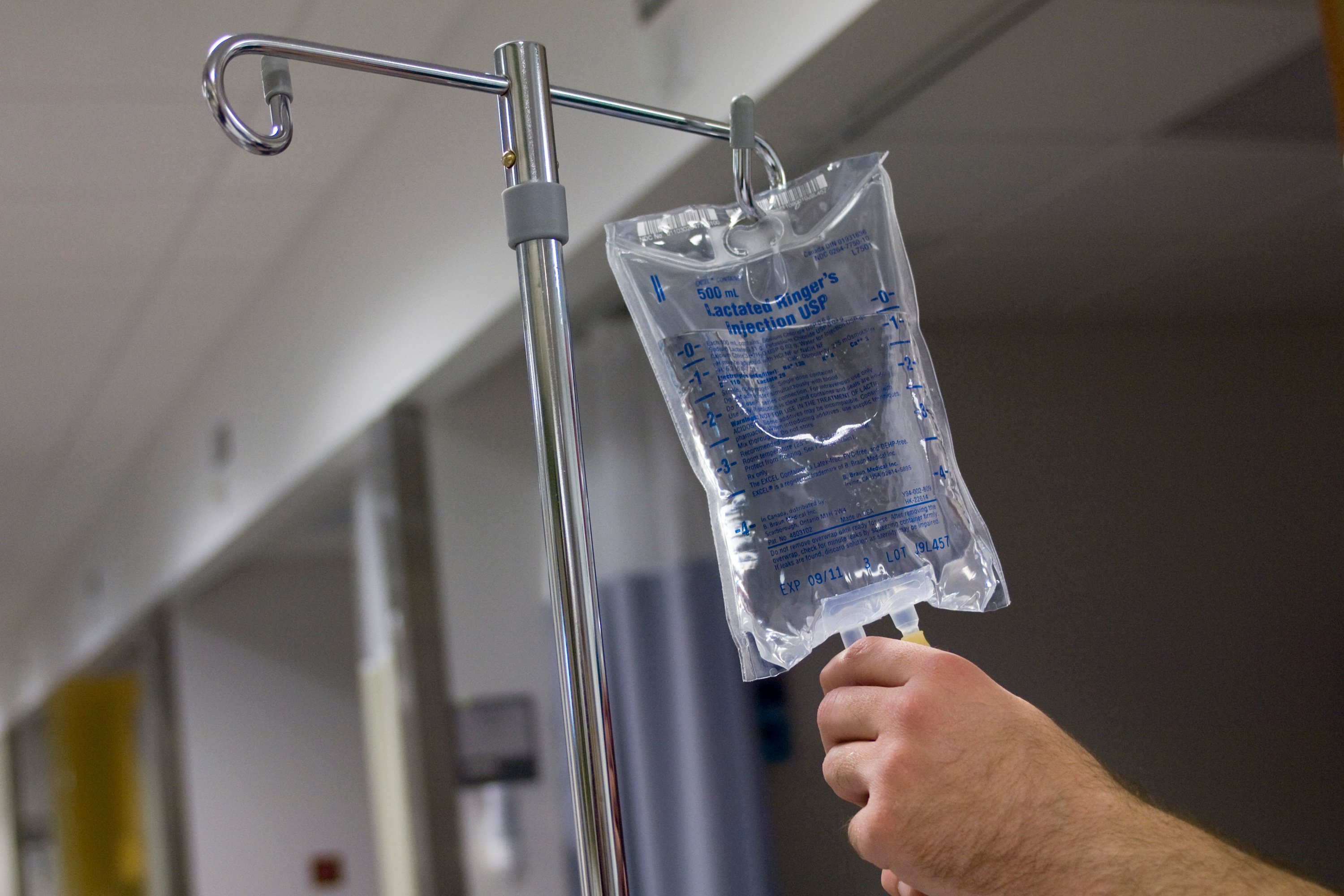Summary
A nationwide IV fluid shortage, caused by Hurricane Helene’s damage to Baxter International’s North Carolina facility, is forcing hospitals to adopt conservation measures that could reshape patient hydration practices.
The facility, which supplies 60% of U.S. IV fluids, has resumed partial production but won’t reach full capacity soon.
Hospitals are rationing supplies, using alternatives like push medications, and re-evaluating hydration protocols to ensure care continuity.
While these strategies could permanently reduce IV fluid use, challenges include increased nurse workloads, patient monitoring risks, and strained resources amid respiratory virus season and year-end surgical demands.
Seems like we shouldn’t have 60% of our IV fluid production on the coast in an area regularly hit by hurricanes.
Asheville is not regularly hit by hurricanes. It has been hit by 3 in 200 years and the previous 2 would not have been bad enough to cause this disruption. When the facility opened it was in large part due to that area having the cleanest water in America. At that time we didn’t need manmade filtration: the water from the spring was cleaner then anything humans could make. In fact, that spring still runs clean, but the demand for water has outstripped the output of that spring.
I do agree however that production of crucial supplies should be more decentralized in order to avoid mass shortages from any event.
Yep, major reason they got their ass kicked so very hard. Down here in Florida our building codes are much stronger. Asheville has no reason to mandate buildings that tough for such a crazy outlier.
Its also different attempting to hurricane proof on mountainous terrain. The winds were a little gusty bit nothing too out of the ordinary, at least where I was, the biggest problem was the wall of fast moving water. A downhill rush of 30 feet of water is very powerful and the tanker trucks and rail cars it swept up smashed all sort of things. A lot of the roads and some of the houses got washed out because the ground beneath them was swept away. About 40% of the trees are down in the area. If I remember correctly this facility is near Old Fort which is at the bottom of the mountains so all that water and debris rushing down and wiping out a very poor town of mostly trailers.
It is never a good idea to centralise essential drug production like this, because Hurricanes are the least of your problems. A single bad faith factor,a accidental contamination, a fire, etc. can all knock out a facility pretty easily.
And guess when a country needs the most iV fluids? Exactly. When it gets to war. Demand doubles then.
Which means the country could easily be fucked by two Russian agents. Just for the sake of capitalism and financial gain.
Wasn’t the plant in western NC?
I heard these parasites already asking for fed government bail out to decentralize production.
Like every single time a corpo made a mistake…
Taxpayer has to pay them 🐸
The boeing business model
Privatise gains, socialise losses.
Didn’t we just do a medical shortage like this? Have we not learned how to diversify?




